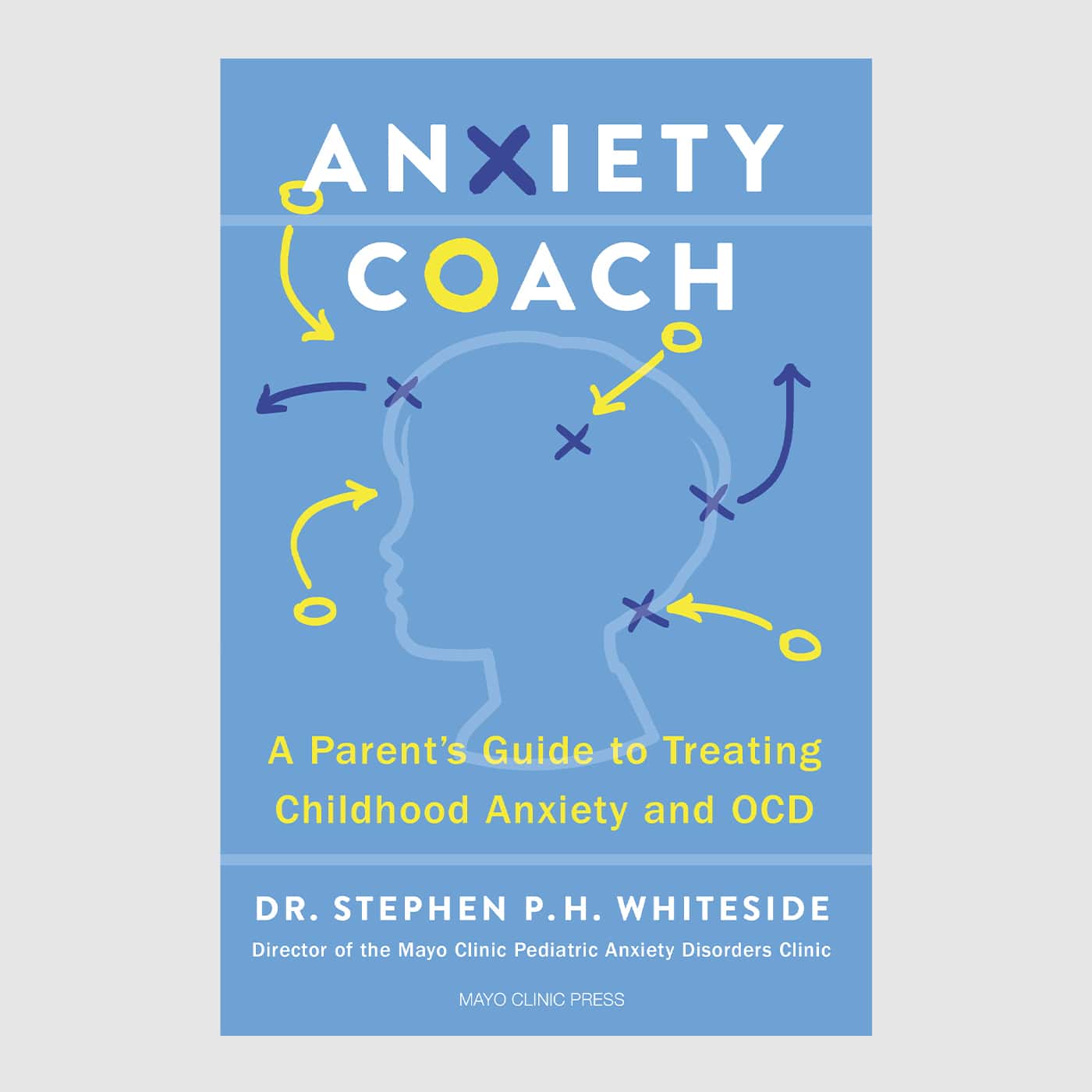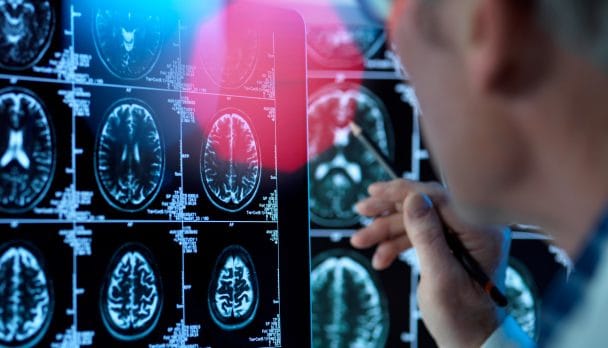
Although most people associate dementia with getting older, the condition is not actually a normal part of aging. In reality, dementia is a condition that can seriously impact someone’s quality of life, relationships and even personality. It’s also a leading cause of death in the United States.
“Dementia describes cognitive decline that interferes with daily activities such as pay bills, cook or drive safely,” says Jonathan Graff-Radford, M.D., neurologist and Mayo Clinic dementia expert.
Dementia isn’t just one disease but a syndrome that can be caused by many potential conditions. Dementia encompasses a range of cognitive symptoms including memory, language and judgment. Alzheimer’s disease, for example, falls under the dementia umbrella and is the most common form of dementia. Other causes include vascular cognitive impairment, Lewy body dementia and frontotemporal degeneration. As of 2023, an estimated 6.7 million Americans over the age of 65 are living with dementia — a number that is expected to nearly triple by 2060.
People with dementia can experience difficulty with memory, language and coordination. Symptoms can look subtle at first — such as forgetting a word or getting lost while driving — but dementia is progressive. Additionally, you may notice or experience agitation, anxiety, paranoia, hallucinations or other unexpected behavior.
Although researchers don’t yet know exactly what causes dementia, there are factors that clearly impact your risk of developing the condition.
The dementia risk factors you can’t change
Perhaps unsurprisingly, age is one of the most important risk factors for dementia. As you get older, the likelihood of developing dementia increases. Adults age 65 and up are especially at risk. Indeed, an estimated 85% of all people with dementia are adults age 75 and older.
However, there are certain types of dementia that can develop in younger people as well. Research is currently being done on young-onset Alzheimer’s disease, which can impact people in their 40s and 50s and is more often associated with atypical symptoms that affect vision and language. It’s estimated that 5% to 6% of people with Alzheimer’s have young-onset disease.
Genetics, too, can impact your dementia risk. People with a family history of dementia are more likely to develop the disease. Your healthcare team may recommend genetic testing to assess your risk or guide treatment and diagnosis, especially if you have a strong family history of dementia or you are showing signs of young-onset Alzheimer’s.
The dementia risk factors you can change
While there is no way to fully prevent dementia, Dr. Graff-Radford says there are a number of risk factors that can be effectively treated or potentially avoided altogether.
In fact, one research commission estimated that approximately 40% of dementia cases can be attributed to 12 different risk factors — all of which have the potential to be addressed either through lifestyle modifications, societal changes or both. These risk factors include social isolation, alcohol consumption, tobacco use, exposure to air pollution, lower education levels, hearing loss, high blood pressure (hypertension), diabetes and midlife obesity, among others.
Physical exercise seems to be especially important for cognitive health. Research suggests that exercise — particularly aerobic activities and movement in midlife — can reduce cognitive impairment and dementia risk, as well as improve memory and even brain volume.
In short, dementia risk doesn’t simply “start” once you reach middle or advanced age. Dementia risk can change over a lifetime. If you’re an older adult, there may be past risk factors you can’t change — such as the quality and accessibility of education opportunities or your midlife drinking habits. However, you can look at factors in your life that may be increasing dementia risk, such as weight-related or cardiovascular health factors, reduced social connectedness, or low activity levels. By taking an active role in understanding and reducing your risk of dementia, you can help remain as sharp as possible for as long as possible.
A note on medication and dementia risk
Researchers are still studying how medications — including commonly used sleep medications — might impact dementia risk.
Research is still mixed on how and if sleep medication may impact dementia risk. In one recent study, researchers followed 3,068 adults over a 15-year span to determine if sleep medication impacted the rate of dementia. They found that participants who took medication more than five times a month were significantly more likely to develop dementia. What is clear, however, is that getting enough sleep is critical for brain health and minimizing the risk of cognitive issues.
It’s also important to understand that some medications can causedementia-like symptoms, such as memory issues, confusion and brain fog. However, these symptoms are often a result of side effects or interactions between multiple medications — not necessarily a sign of actual dementia.
“Certain medications impact memory and thinking,” says Dr. Graff-Radford. “Sleep aids like zolpidem, often referred to as Ambien, and anticholinergic medications, such as Tylenol PM or other over-the-counter sleep aids, can cause a brain fog and cognitive impairment. Opioids can also impact memory and thinking.” In these cases, symptoms usually resolve once the medication is discontinued, adjusted or otherwise addressed with the guidance of your healthcare team.
If you are concerned about your dementia risk, or simply want to take a more proactive role in your cognitive health, Dr. Graff-Radford recommends reaching out to your healthcare team — especially if you notice any unexpected memory issues in yourself or a loved one.

Relevant reading
Anxiety Coach
An essential resource to address anxiety disorders and OCD in children and teenagers, from a prominent researcher and psychologist at Mayo Clinic.


















